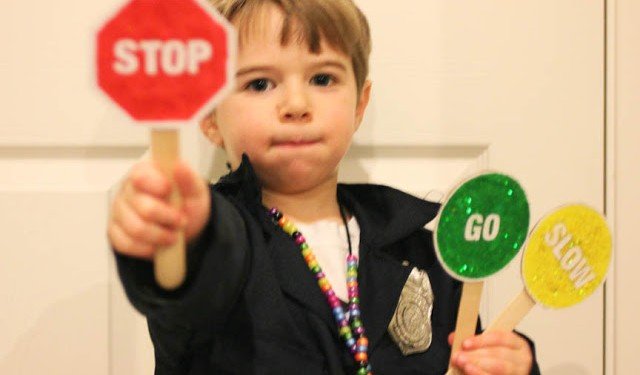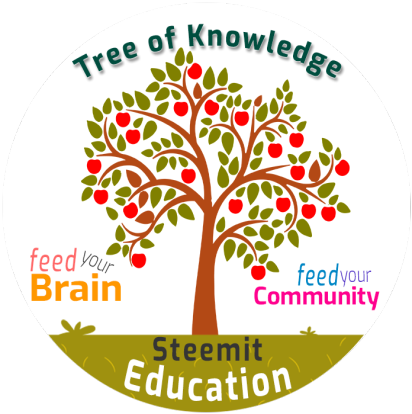As our children grow from babies to toddlers, their emotional needs change quite considerably, this is why we usually end up with tantruming two-year-olds and little “threenagers”! As these tiny beings grow older however, they need to learn to self-regulate their emotions and impulses – they need to learn how to control their situations. For some this instinct comes naturally, for others they might find it a tad more difficult to control their emotions, actions and general behaviour. As parents, teachers and caregivers we can make life a little simpler for our young ones by empathising with them and by teaching them methods on how to cope with situations that upset them or make them feel uneasy.

Let’s Have A Look At What It Means To Self-Regulate:
Self-regulation is the action where one is able to maintain an arousal level that is appropriate in a given situation. It is an extremely complex action and requires many parts of the brain to work together at once, quite strenuous for a little body! For instance, if you are capable of self-regulation you will be able to monitor and control behavior, focus your attention and motor output as well as steer your emotions and social interactions.
Examples of self-regulation in children can include:
- Having the ability to sit at a desk while receiving a lesson
- Keeping your voice low in a library
- Walking in line
- Happily taking part in group activities
Things That Could Possibly Indicate That A Child Battles To Self-Regulate
- Prone to tantrums or meltdowns
- Frequent silly behaviour
- They battle with transitioning between activities
- They battle being closely surrounded by others
- Often fidget and shuffle around
- They move around awkwardly, almost clumsily
Ways In Which You Can You Help Kids To Learn Self-Regulation
Learning how to self-regulate through fun activities and games already helps a child to relax, which is an important first step when learning anything in fact.
Activities that encourage problem solving, memory building, focus and attention, motor skills (especially gross motor skills in this instance) and sequencing can really help children to learn how to self-regulate and cope with situations that they might find uncomfortable or challenging. To add to this, helping kids to learn calming methods and initiating self-awareness exercises are also excellent ways of assisting in the development of self-regulation.
Three Games And Activities That Can Help Kids Learn To Self-Regulate:
1. Mirror Mirror
This game demonstrates spacial awareness and movement as well as social skills, visual perception, gross motor skills, control and posture.
Instructions: You will need at least two children for this activity. One person needs to be the leader and the other the follower (they can exchange roles further into the game). The leader then does things with his or her body that the other child needs to mimic. Like: touching your nose and closing an eye, or balancing on one foot and so forth.
2. Breathing Techniques
Breathing play a huge role in our state of mind. It helps us to ground ourselves and to take a moment before reacting, if done properly. Teaching breathing techniques should be a part of any child's daily routine (and adults too).
3. A Red Light, Green Light Game
This is an excellent little game to play which gives kids an opportunity to actively think about and practice breaking a habit or transitioning from movement to stillness. The rules for this game can be found HERE
Source link: http://theinspiredtreehouse.com/self-regulation/
Researchers have studied that those who master self-regulation become masters of their learning too. They are also more likely to be critical thinkers and more confident in social environments. This means that the foundations for our children are set when they are very young and as parents and teachers (our children’s leaders), it is up to us to acknowledge their difficulties and help and guide them appropriately.

seems like a lot of the parents of kids I teach would benifet from this knowledge. The amount of time these kids spend totally unfocused is pretty impressive haha!
Thank you for your comment!
Being able to assist and or teach children how to self regulate is an important skill to posses. I am basing this from a stance of an educator. I deal with many learners who are unable to master this skill by themselves and I have been clueless as to how to assist them until I read this post. Great job.